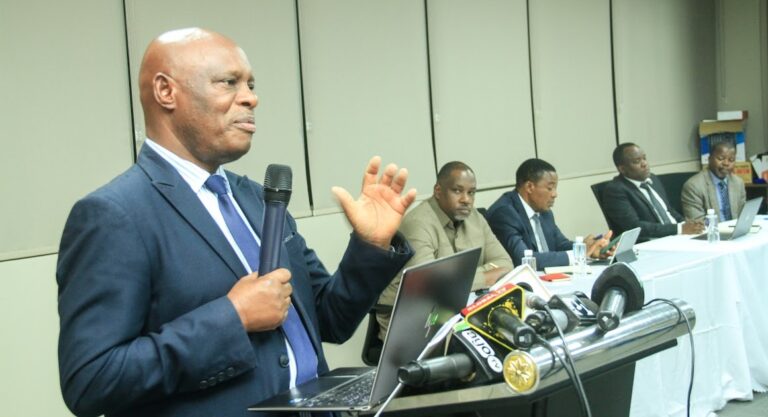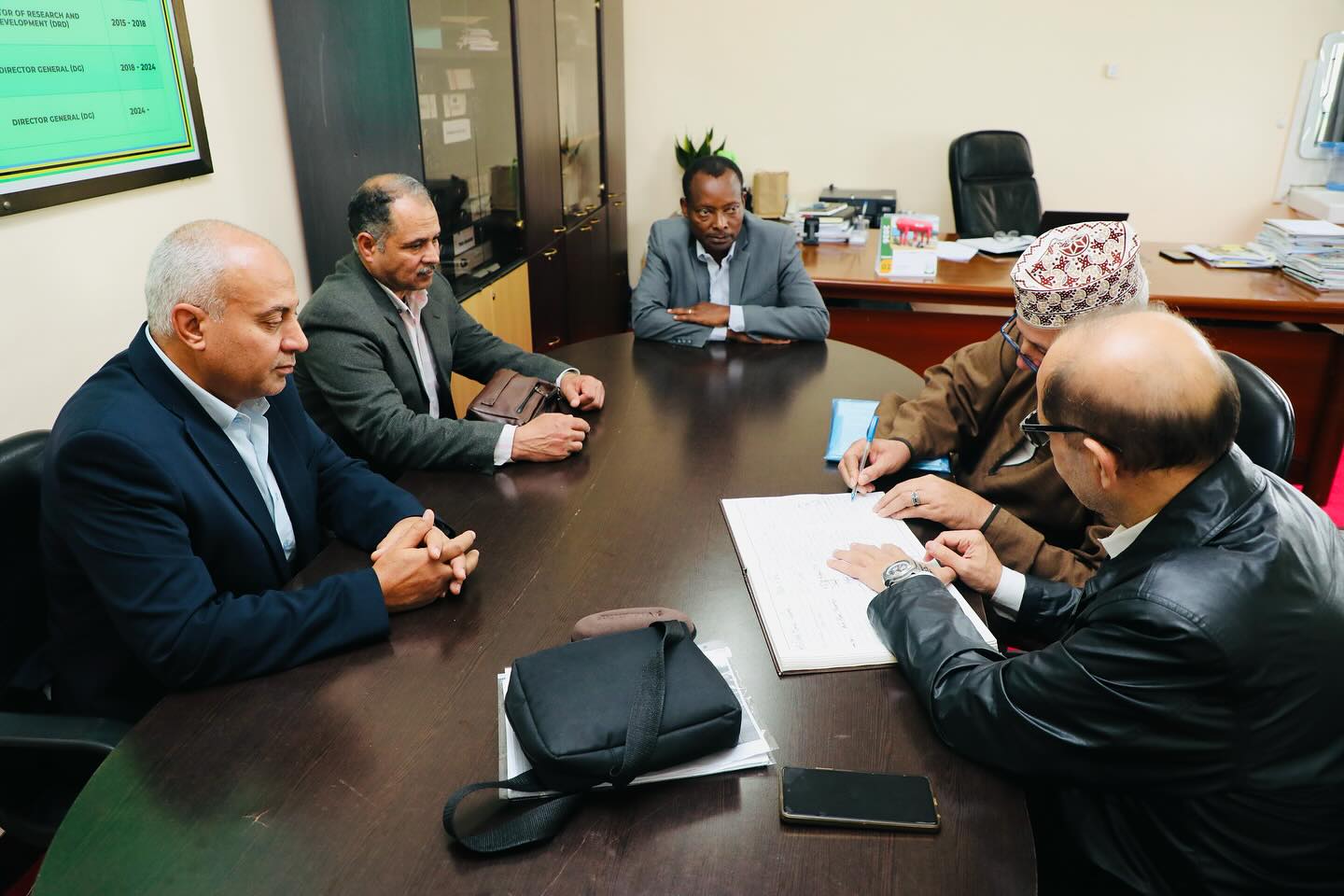Dar es Salaam. The Government Chemist Laboratory Authority (GCLA) has significantly enhanced the country’s capacity in scientific investigations and chemical regulation, following sustained investment in modern equipment and laboratory infrastructure under the Sixth Phase Government led by President Samia Suluhu Hassan.
Addressing editors and journalists during a working session convened by the Treasury Registrar’s Office at King Jada Hotel, Morocco Square, in Dar es Salaam on Thursday July 10, GCLA director general, Dr Fidelice M.S. Mafumiko, said the investments enabled the authority to improve efficiency and service quality in laboratory investigations.
Dr Mafumiko disclosed that the value of laboratory equipment increased from Sh13.6 billion in the financial year 2017/18 to Sh17.8 billion in 2024/25—marking a 23.6 percent rise.
The funds were used to procure 16 large machines and 274 smaller units, bolstering the authority’s capacity to deliver timely and accurate scientific services to the public.
He further noted that GCLA has attained both national and international recognition for quality assurance, operating under ISO-certified systems such as ISO 9001:2015 and ISO/IEC 17025:2027.
These certifications underline the authority’s competence in conducting reliable laboratory analyses across various scientific disciplines.
“In the past four years, the Authority has successfully secured accreditation for six laboratories under the ISO 17025:2027 standard,” he said.
“These include the Human DNA, Microbiology, Forensic Science, Toxicology, Environmental Science, Food Laboratories, and the Lake Zone Laboratory in Mwanza.”
Regarding chemical control, Dr Mafumiko said GCLA continues to implement its mandate in accordance with the Industrial and Consumer Chemicals (Management and Control) Act No 3 of 2003.
This legal framework is designed to safeguard human health and the environment from hazardous chemical exposure.
Highlighting achievements during the current administration, he cited a surge in stakeholder registration—from 2,125 in 2021 to 3,835 in June 2025—an 81 percent increase.
Warehouse inspections also surpassed targets, with 8,521 facilities assessed against the original goal of 7,160, reflecting 119 percent accomplishment.
Moreover, the number of permits issued for chemical importation rose markedly from 40,270 in 2020/21 to 67,200 in 2024/25, representing a 40 percent increase.
Dr Mafumiko said these figures indicate heightened regulatory compliance and growing economic activity in sectors reliant on chemicals, particularly mining.
Significant growth was also recorded in the importation of key industrial chemicals:
Ammonium Nitrate imports grew from 135,445 tonnes in 2021/22 to 461,777.42 tonnes in 2025, an increase of 241 percent.
Sulphur (Salfa) imports rose from 396,982 tonnes to 1,867,104.72 tonnes over the same period—an astonishing 370.32 percent rise.
Sodium Cyanide imports increased from 41,461 tonnes to 63,103.4 tonnes, reflecting a 52.2 percent growth.
Dr Mafumiko attributed more than 80 percent of the Ammonium Nitrate imports to improved port infrastructure in Tanga, noting that this underscores the strategic impact of government investments in logistics and port modernisation.
He concluded by reaffirming that these advancements demonstrate the Sixth Phase Government’s firm commitment to enhancing scientific services, regulating hazardous chemicals, and ensuring the safety and wellbeing of Tanzanians and their environment.







